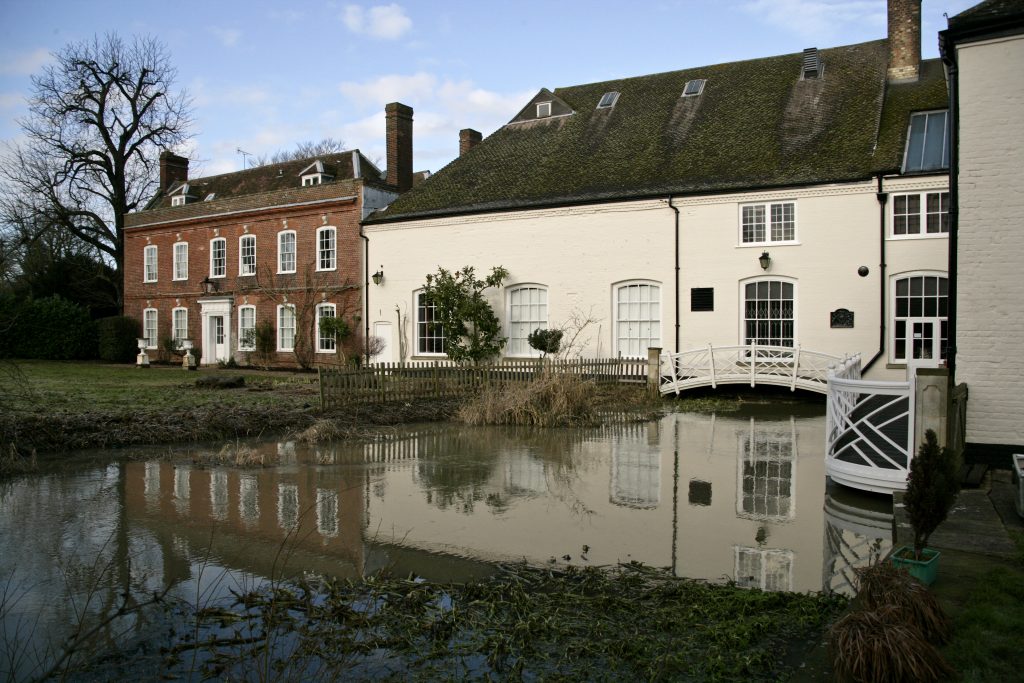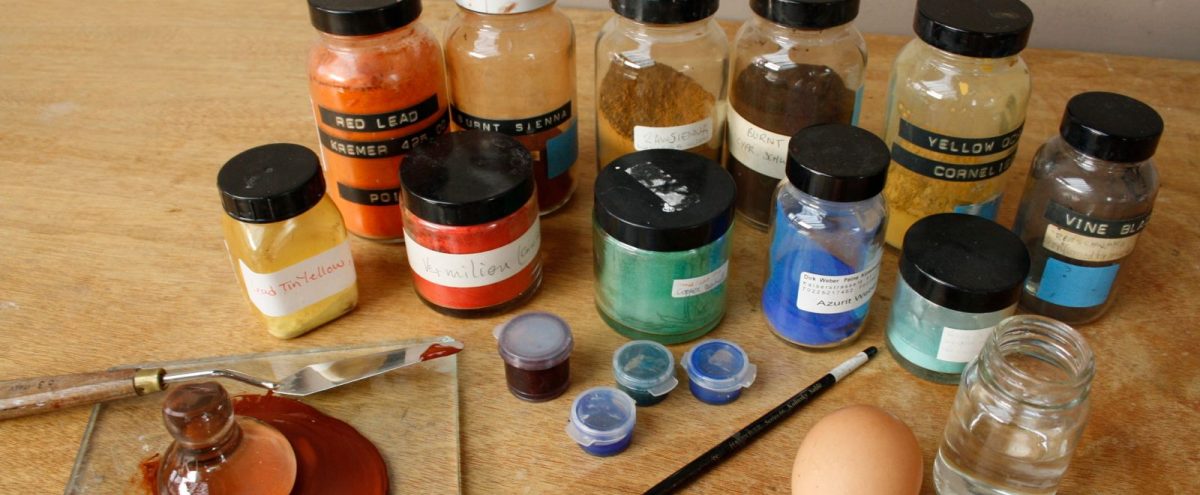Welcome to the blog of students and interns at the Hamilton Kerr Institute!

The Hamilton Kerr Institute (a department of the Fitzwilliam Museum, University of Cambridge) is located in Whittlesford, Cambridgeshire. The Institute, which is one of the world’s leading centres for teaching and research in the conservation of easel paintings, admits up to 3 postgraduate students every two years and up to 3 advanced postgraduate interns each year, mainly from the UK, Europe and the USA, but also from other places all over the world.

Training is focused on the conservation of easel paintings – most of which are on canvas or wood panels, but sometimes feature artworks painted on card or metal plates – for the Fitzwilliam Museum and for other national and private collections. While much of the work is undertaken in the studios at Whittlesford, some of our projects are done on site, which we refer to as ‘in-situ’. In-situ work has its own unique challenges, as it often involves working in an unfamiliar space and within a restricted timeframe. But the result is always rewarding, as the paintings benefit very much from these small but necessary treatments.
Part of the training also involves technical examination of paintings to find out about the materials and techniques used for their creation, and the ways in which they have aged or changed in their lifetime. Students and interns have access to a range of techniques for analysing and identifying the methods and materials employed by the original artist(s), and by others who have intervened in more recent times. This work usually forms one aspect of a larger research project or treatment by a student or intern.
About the blog
In this blog, students and interns past and present share some of their experiences of life as trainees at the HKI, including conservation projects in which they have been involved: you will find articles about treatments, reconstructions, studio visits, conferences and more – and one or two featuring other aspects of life at the HKI, such as tea parties and cake!
Learn more about The Fitzwilliam Museum, or click here for more on Conservation and Collections Care at the Museum.
